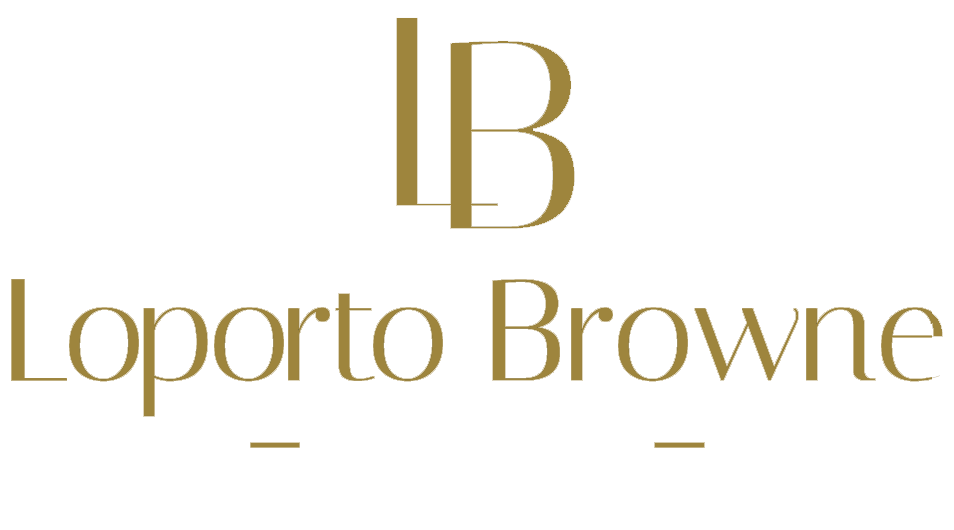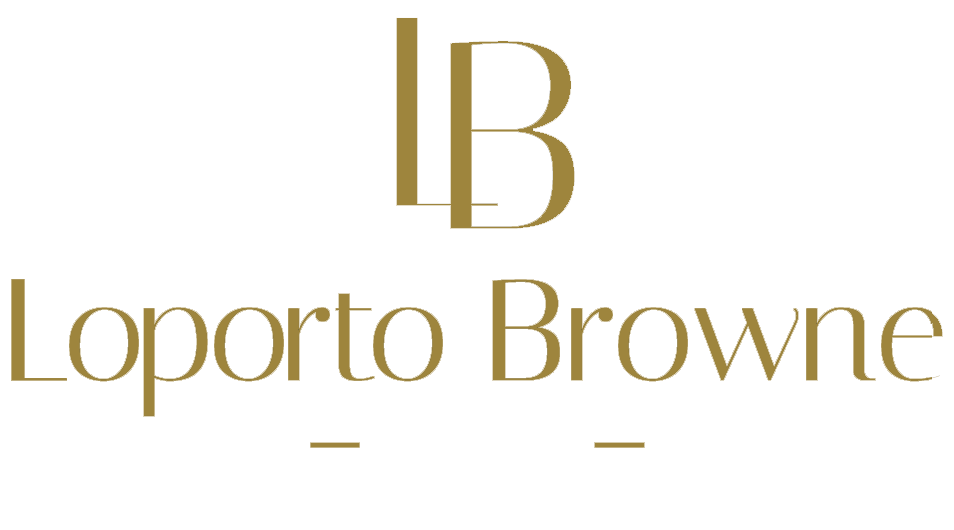How to Prepare Your London Home For a Sale?
Properly preparing your home before it is listed is critical to ensuring it attracts the most amount of interest possible. This usually means a faster sale, and maybe even a bidding war – which could end up with a higher than expected offer on the table!
The basic rules of prepping your house for sale
Before we dive into the steps of prepping your home for sale, let’s go over the general rules first. In general, the goal of prepping your house should be to:
- Create a clean, clutter-free environment. Nothing makes a home look more poorly maintained than dirt, clutter, and overall messiness. A clean environment gives buyers confidence in the property and its condition.
- Offer a neutral colour palette. Prospective buyers need to be able to envision themselves in the home, and that’s hard to do if there’s a bright green wall and crazy, patterned wallpaper staring them in the face.
- Put yourself in a buyer mindset. Think like a buyer when prepping your home. What would they like? What would give them pause? Let that drive your preparations.
- Minimise where possible. The less furniture, decor, and personal items you have out, the better. In fact, it might even make your home look larger.
- Emphasise curb appeal. First impressions are everything. Make sure your home’s curb appeal makes a good one.
- Ensure your home is photogenic. A picture is worth a thousand words. Make sure your home lends itself to high-quality photos that will really make your listing shine.
- Address obvious repairs. If there’s a broken window, dent in the door, or nonworking faucet, fix it before you list the home. You can bet it will show up on the buyer’s inspection and need fixing anyway.
- Add little details and touches that matter. At the end of the day, the property needs to feel like a potential home to buyers. Small touches like fresh flowers or the smell of warm cookies can make all the difference.
- Prep yourself and your family – particularly for the showing aspect of selling a house. What’s your exit strategy? Where will you go during showings, and how will you keep the place clean? Having a plan in place is vital before you open your doors to prospective buyers.
What other preparations can you make prior to putting your property on the market?
Identify repairs and make a plan
Normal wear and tear can add up, especially if you’ve lived in your home for a long period of time. From a door that squeaks to a window that sticks or a toilet that runs until you jiggle the handle, it’s easy to ignore minor issues that seem like quirks.
Buyers, however, may see these quirks as problems that lower the value of your home or as bargaining chips during the closing process. If you have too many noticeable repairs, buyers may also wonder if more serious issues lurk below the surface, and that could prevent them from making a good offer.
Declutter and clean – make it feel spacious
Big kitchens, bathrooms and storage tend to be big selling points so it can help to make your rooms look as spacious as possible. Professional home stagers recommend that you remove 50% of your items.
Go through your home, decluttering and organising spaces. Don’t just shove belongings in closets, cabinets, attics and basements, as buyers look inside all of those places. Use storage bins that can be tucked under beds or neatly stacked in a basement or closet.
Decluttering also includes furniture. The scale of your pieces should match the size of the room, and buyers should be able to easily walk around spaces without bumping into furniture. Make sure furnishings don’t block doors, windows or architectural features. In a small living room, for example, consider removing end tables or accent chairs. Such moves aren’t convenient, but remember, they’re temporary.
Depersonalise your home and help buyers to see its full potential
In addition to cleaning and decluttering, you should consider depersonalising your home. The goal when selling is to have a buyer fall in love with your house, picturing themselves living there and imagining their belongings inside. That can be difficult if your home has your personal stamp all over it.
Also, consider updating your accessories and furnishings if your décor is outdated or avant-garde. You don’t want buyers to miss out on key features of your home because they’re distracted by your belongings.
Paint where it needs it most
A fresh coat of paint can make a home feel new. In fact, painting is one of the most common recommendations estate agents make to sellers before they list. Paint can help small rooms appear larger and highlight architectural details. Be mindful of your colour choice, however. It is recommended that you use warm neutral colours, such as beige, tan, gold and gray. Because these shades go with anything, they can help buyers to picture their belongings in your home.
Set the stage
Now comes the final step: staging your home. The goal is to create a great first impression so that buyers put your home at the top of their list. On average, staged homes sell 88% faster and for 20% more than those that aren’t staged.
You don’t need to stage your entire home. Focus instead on rooms that impress buyers most, such as the kitchen, living room and bathrooms. In the kitchen, for example, place a bowl of fresh fruit on the countertop and set the table with beautiful dinnerware and linens. It is always a good idea to leave cookies and a fresh pot of coffee with a “help yourself” sign. Not only is this a nice touch, but everyone loves the smell of fresh coffee!
In the living room, toss a decorative blanket on the arm of the sofa and add a vase of fresh flowers to the coffee table. Update bathrooms with fluffy new towels and display a dish of decorative soaps.
Put a tray with a book and teapot on the edge of the master bed. Create a single focal point in each room, hanging a simple piece of artwork that enhances your staging, or highlighting architectural details, such as a fireplace or beautiful windows.
Keep it clean and consistent
Once your home is ready to sell, the trick can be maintaining that level of repair and decoration. Viewing requests can happen at a moment’s notice, and you won’t always have time to ready your home.
Create a cleaning schedule and stick to it. Control of clutter by putting things away when you’re done using them. Enlist the whole family, so the responsibility is shared. Make a habit of wiping kitchen and bathroom fixtures and surfaces daily. Keep wastebaskets emptied. Vacuum or sweep before you leave the house. Keep your garden tidy and remove weeds every week. Keep your walkway and porch clean and accessible.
If you have children, keeping things tidy can be more challenging. Streamline their toys for the time being, or create a rule around how many toys can be out



